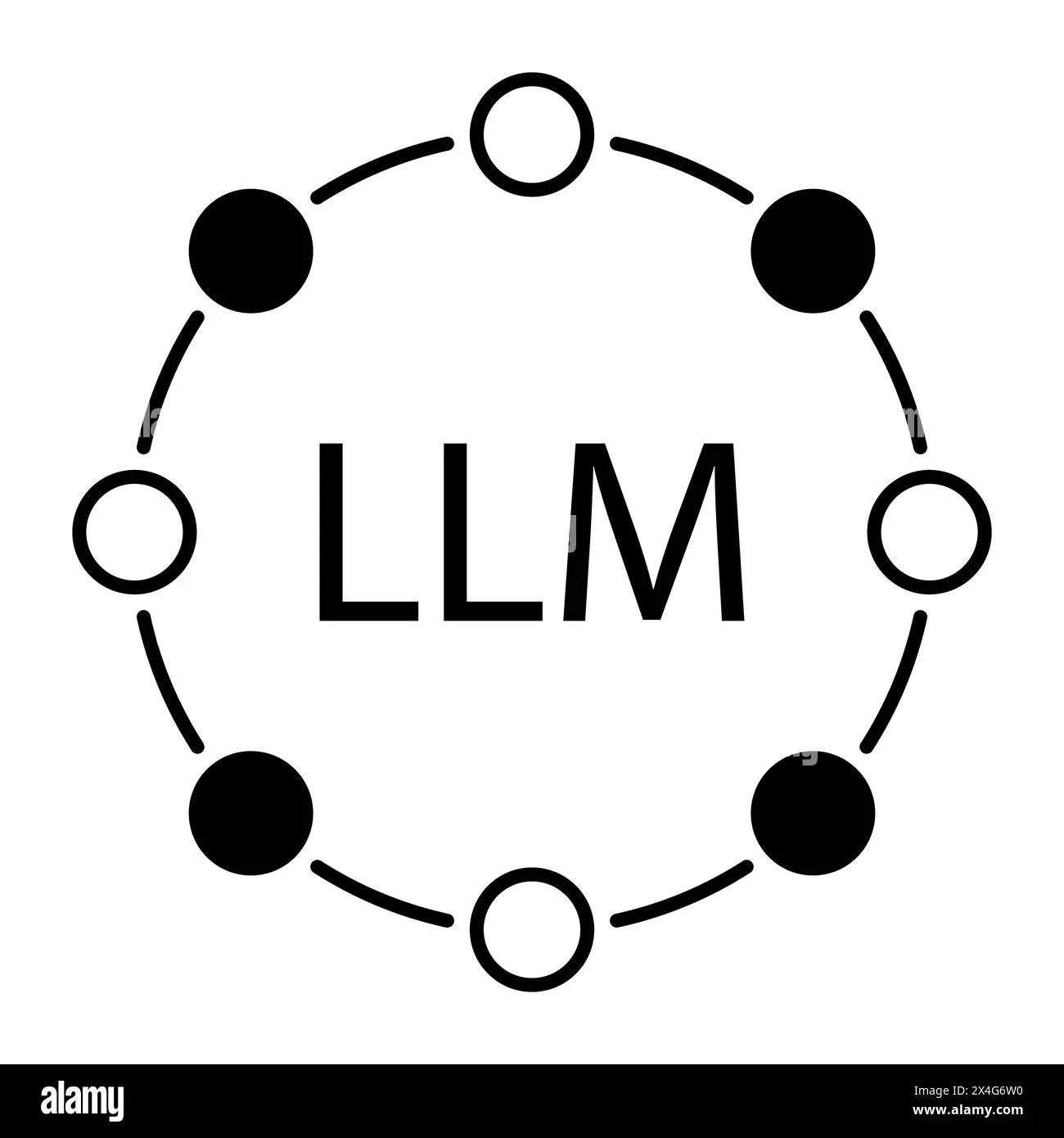Hire LLM Developers in Latin America: 2025 Guide
Large Language Models (LLMs) are reshaping industries—but training, fine-tuning, and deploying them requires highly specialized talent. If you're looking to hire LLM developers to accelerate your AI roadmap, you're in the right place.
In this guide, we'll cover why LLM expertise is critical, where to find the best talent, and how to structure your hiring process to ensure success.




Why Hire LLM Developers in Latin America

High-Quality Talent
Many developers have degrees from top universities and hands-on experience in LLM fine-tuning, deployment, and RAG development.

Time Zone Alignment
Overlapping work hours with North America enables real-time collaboration, faster iteration cycles, and smoother project management.

Cultural Compatibility
English proficiency, strong work ethic, and a collaborative mindset make LATAM developers a seamless extension of your team.

Scalable Teams
Quickly scale AI teams up or down depending on your LLM project needs, with minimal overhead.
Frequently asked questions
Key LLM Hiring and Industry Stats
87% of enterprises are exploring or investing in LLM-driven AI projects (source: McKinsey, 2024)
Global demand for LLM specialists grew by 425% from 2022 to 2024 (source: LinkedIn Economic Graph)
Companies that fine-tune LLMs for domain-specific use cases see a 30%-45% increase in model accuracy compared to generic models (source: Stanford AI Index)





